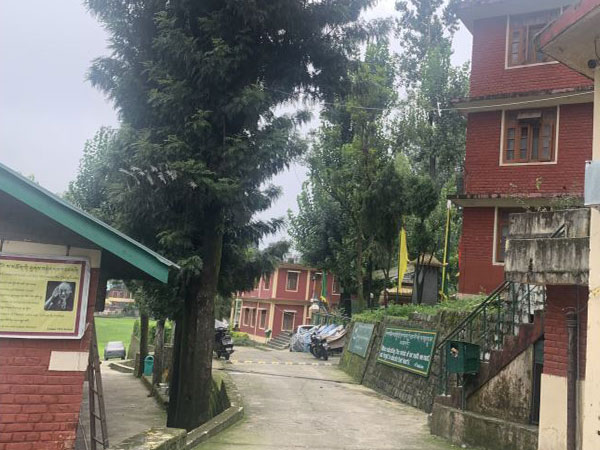China’s extreme restrictions on freedom of movement are disproportionately affecting ethnic Tibetans. Obstacles including troop deployments, checkpoints, roadblocks, required bureaucratic approvals and passport restrictions impede freedom of movement both within Tibetan areas and between those areas and the outside world.
China has tightened travel restrictions, with Tibetans needing permits to enter certain areas, particularly near international borders in the south. These constraints on freedom of movement also hinder Tibetans from seeking exile in India and other countries.
The Tibetan Reception Center in Dharamshala is lying vacant. Moreover, the number of students in the Lower Tibetan Children’s Village (TCV) school in Dharamshala is also decreasing.
Experts say that after the protests in Tibet in 2008, China has increased strictness on the movement of Tibetans.
According to Central Tibetan Administration sources only five Tibetans had arrived in Dharamshala in 2020, four in 2021, ten in 2022 and 15 arrivals have been reported in 2023. However, in the 1990s or the early 2000s, the annual arrivals were over 2000.
Speaking to ANI, the executive director of Students for a Free Tibet- India, Tenzin Passang said, “Fleeing Tibet has always been a dangerous journey but Tibetans still believe that it works because they cannot practice their religion freely or speak their language and express their cultural identity so they realise that they have a better chance for maintaining this unique Tibetan identity in-exile so they choose to flee.”
Tibetans face nearly insurmountable hurdles in obtaining a passport for foreign travel. Also, more than 2,000 “inspectors” that staff around 700 “discipline committees” set up in rural Tibetan communities have tightened travel restrictions in recent years.
“After 2008 the number of people escaping from Tibet decreased drastically because China specifically raised their security and surveillance across Tibet to ensure that there is no repeat of the mass demonstrations that happened in 2008 which also received global media attention and China faced international criticism so they have a strong interest in preventing Tibetans from escaping because the Tibetans can provide the first-hand information about the human rights abuses in Tibet,” Passang added.
Further, she also highlighted the previous cases in which the Chinese authorities have confiscated the passports of Tibetans and restricted travel to Lhasa. Foreign nationals of Tibetan origin face enormous challenges when seeking a visa to visit Tibet, often waiting for years only for their request to be denied.
“There were also cases where they confiscated the passports of Tibetans living at the borders and they imposed strict restrictions to travel across Lhasa. Even in our own country, the CCP has raised a war against our culture and our way of life,” she said. -ANI


